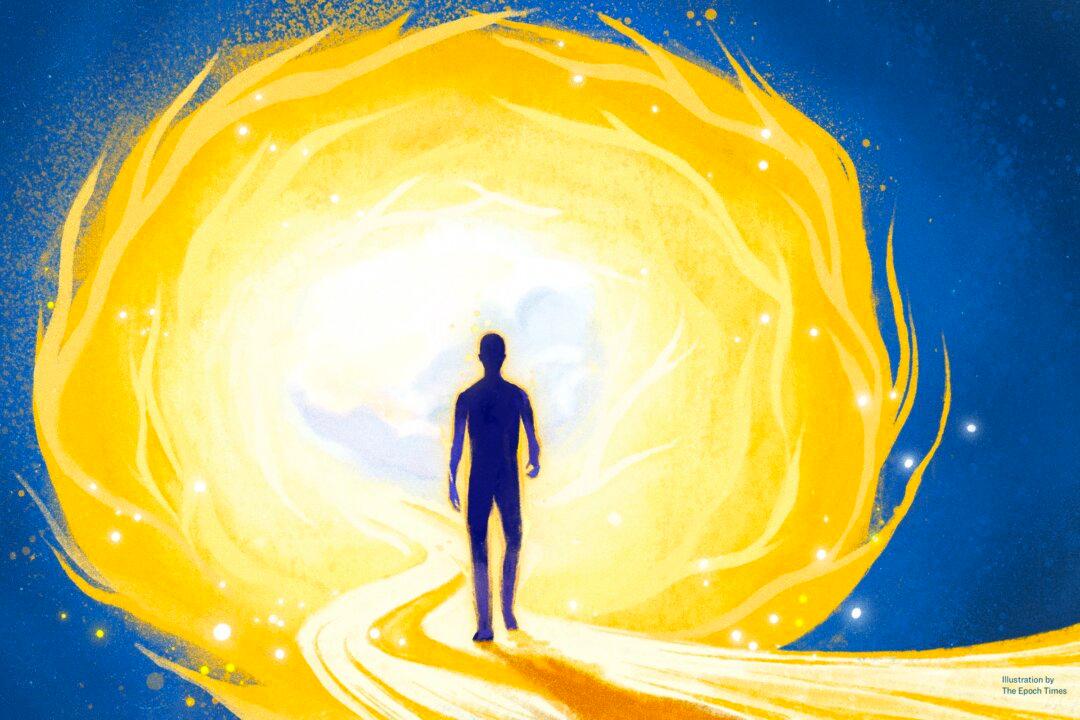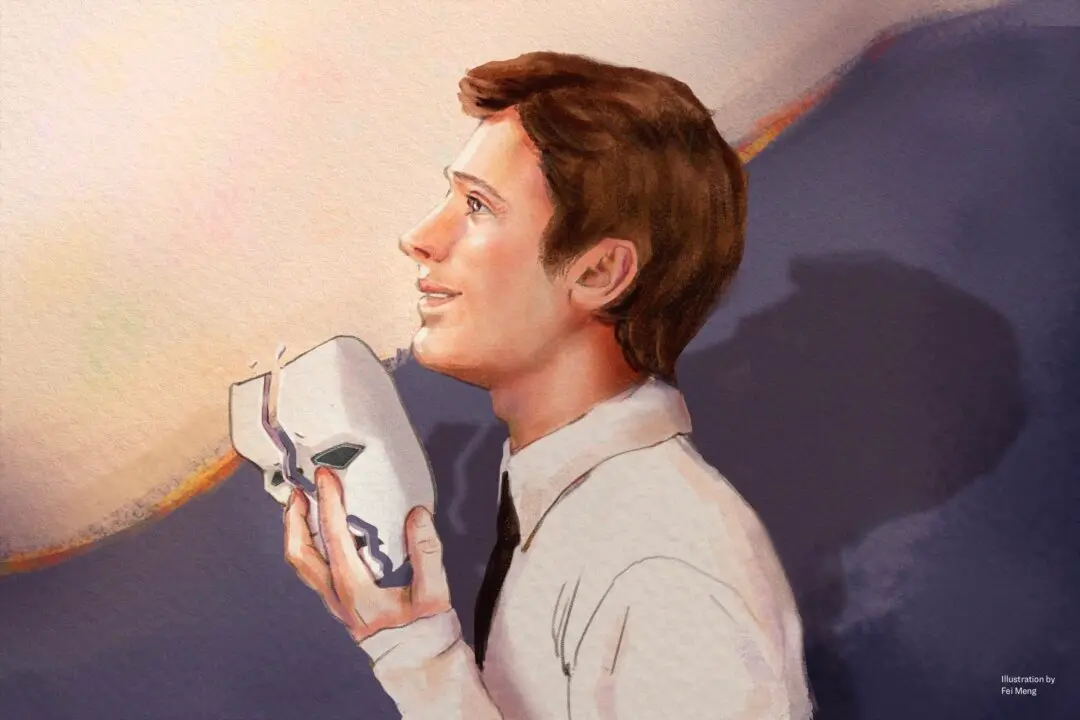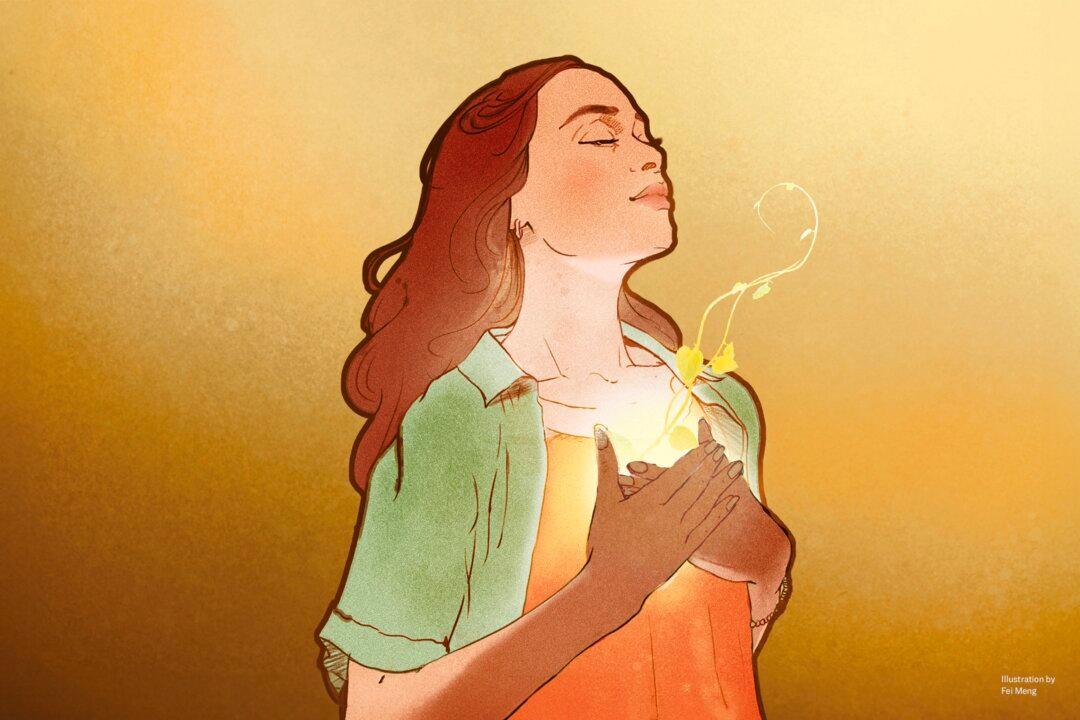Shen Yun Performing Arts is the world’s premier classical Chinese dance and music company. According to its website, it was established in New York by elite artists inspired by a shared mission—to bring back the lost world of traditional Chinese culture.
The performance is meant to entertain and uplift audiences, yet many have reported an unexpected reduction in pain or an increase in mobility. The effect has been so dramatic in some cases as to defy explanation, though researchers, doctors, and other experts point to several effects Shen Yun might be having on the mind and body.






